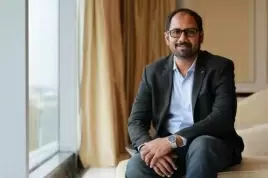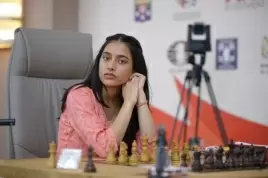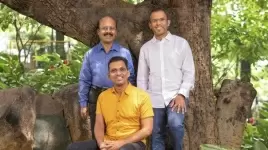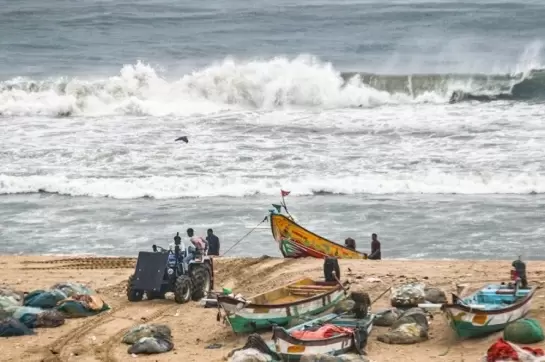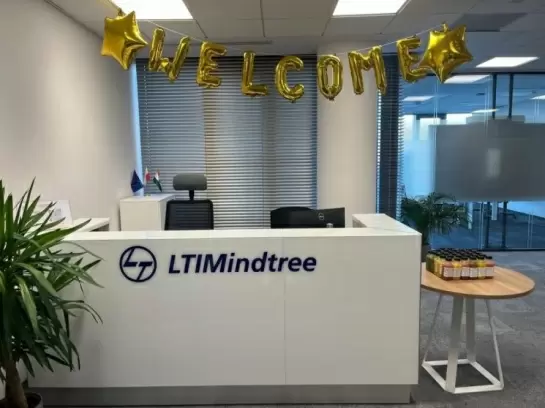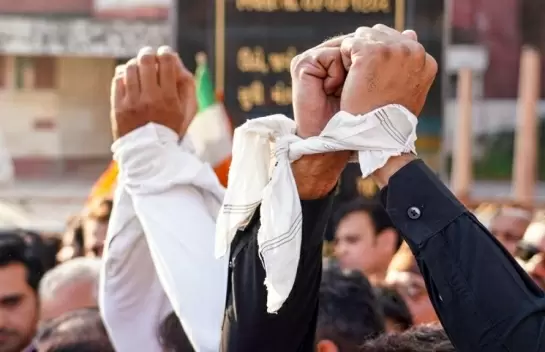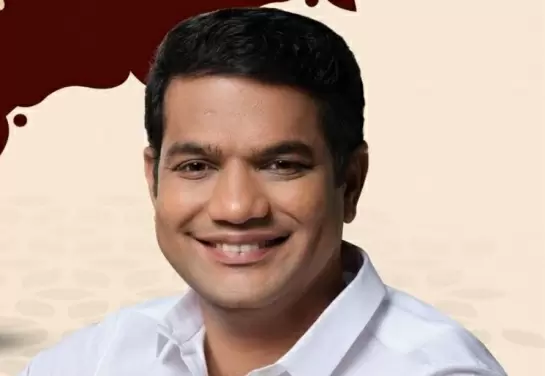Preparing women to fight against ‘eve teasing’

16-December-2010
Vol 1 | Issue 16
It was just another day for Brinda Dasgupta when she set off for her classes at Jadavpur University on September 16. But as she made her way to the auto-stand at around 9.45 am, a cyclist rode towards her from the opposite direction, groped her and whizzed past her. Though the stunned young girl overcame the initial shock and ran after the cyclist, screaming and shouting at people to stop the miscreant, he disappeared into one of the by lanes.
“I rang up my mother, who asked me to return home,” she says. But Brinda was determined to get over it and proceed to the university to attend her post-graduation classes in English Literature. Unlike countless other women who have faced such humiliation on the streets, Brinda and her mother were not willing to take it lying down.
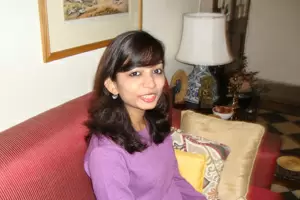 |
|
When her dignity was outraged in public, Brinda Dasgupta decided to lead the fight to make Kolkata a safe city for women
|
Mother Mala Dasgupta, a public relations professional, decided to tap her contacts in the media, while Brinda wrote down the details of her experience, which later became part of the FIR filed by the police station, and the press release, which was sent to media organizations.
Artist Suvaprasanna, a family friend who is proactive on social causes, got them in touch with Kolkata Police Commissioner, Gautam Mohan Chakraborti, and The Telegraph Metro Section Editor Sumit Dasgupta helped Brinda reach out to the public. “Initially, I had spoken to a few close friends. But once The Telegraph put out the details, many others called back to tell me about similar horrifying experiences they had been through. This was when I resolved to do something concrete to make the streets safer for all other women. A classmate of mine and a senior at the university spurred me on in my resolve.”
The following Saturday, Brinda organized a meeting at Café Coffee Day in Gol Park, South Kolkata, and with the help of several like-minded friends, decided to take on issues related to the safety of women and girls. Women could never be safe unless the support of the law-keepers could be drawn, she felt. Learning from the myriad experiences of friends, she realized how dim lighting and unlit stretches always encouraged miscreants to harass women. Thus was born the Safe City campaign with The Telegraph as media partner and the Kolkata Police and Kolkata Municipal Corporation as partners.
Starting with her neighbourhood in New Alipore, Brinda and friends went about meeting members of the community. “Most of us do not know anything about a police helpline for women being in place; nor the existence of a woman’s grievance cell that is devoted exclusively to crimes against women.” With the help of the New Alipore Association Puja Committee, the Safe City campaigners got small leaflets listing some important numbers that women could use when teased or molested, with a few basic safety instructions. Her campaign earned the support of Beth Payne, the American Consul in Kolkata, who offered to hold self-defence workshops for women in the city’s American Center.
The Kolkata Police featured Brinda in their in-house publication, Kolkata Protector, and even honoured her with the Commissioner’s Award on Dial 100 (a television programme run by the Kolkata Police with Doordarshan) for her efforts to make the streets safe for women.
But Brinda is not one to rest on her laurels. “We have to be aware of our rights, and yet fight back intelligently when we face danger,” she emphasizes.




